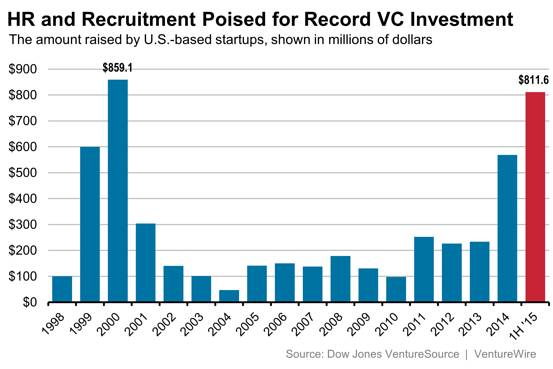HRE Column: How Can We Make Email Less Terrible?
Here is my semi-frequent reminder and pointer for blog readers that I also write a monthly column at Human Resource Executive Online called Inside HR Tech that can be found here.
This month, with a nod to it being the middle of summer when we are/should be taking a little bit of a respite from 'normal' work, I decided to take a look not at HR technology specifically, but at the most ingrained and ubiquitous workplace technology of them all - Email.
If you have followed this blog for any amount of time you will recognize some of the themes - email is terrible, it keeps us from doing more creative and fun work, and yet we can't seem to lessen email's grip on our work lives. But as I examine in the HR Exec column, there are plenty of opportunities to make email better, and many of the world's largest tech companies, (Google, Microsoft), are investing in improving email.
Here is an excerpt from the HRE column, Rethinking Email:
Email is likely the first and last workplace tool that HR and employees open every day (not to mention the 395 other times during the day you are either reading, managing or composing messages). It is, without question, the most important employee communication technology in the vast majority of modern workplaces.
So why doesn’t HR think more about how to make email better?
Well, some technology companies are thinking about and doing exactly that. Take the following three examples; in at least one case, the technology is has the potential to dramatically reduce the importance of email as a workplace tool. All of these examples are instructive and—even if you, as an HR leader, don’t have direct authority to change or update your enterprise email technology and strategy—all of them offer HR insights into how employee communication preferences are changing, and how your communication strategies can adapt.
Get better management of your workflow inside email.
If you are a user of Gmail, you might be familiar with Google’s newest smartphone app for Gmail called Inbox. Inbox transforms email management in several ways, chief among them by “learning” about how you use email, and then helping to better triage incoming emails into relevant categories based on your usage patterns, relationship with contacts and message-management preferences. It takes a little getting used to, but Inbox devotees claim it saves hours each week in the time it typically used to take them to manage, sort and classify incoming messages. That said, I think the best feature of Inbox is the “Snooze” feature, which resurfaces a message you’ve opened but don’t have time to properly respond to at that moment. In fact, Inbox even looks for clues in the message (references to due dates, event dates, etc.) to auto-suggest the optimal time to resend you the message so that you won’t miss an important deadline. For HR leaders, a simple takeaway here might be to be sure to include relevant due dates or deadlines in the subject lines of emails, rather than buried in the email body. So “Benefits Open Enrollment” gets replaced with “Benefits Enrollment Open from Oct. 1 through Oct. 15,” allowing employees to better manage their workflow and to-do lists....
Read the rest over at HRE Online
Good stuff, right? Humor me...
If you liked the piece you can sign up over at HRE to get the Inside HR Tech Column emailed to you each month. There is no cost to subscribe, in fact, I may even come over and wash your car or cut the grass for you if you do sign up for the monthly email.
Have a great weekend!

 Steve
Steve


